Monday, January 29, 2024 at 15:00 UTC (07:00 AM PST)
Enabling Uncertainty Quantification
From basics to complex modelsOnline
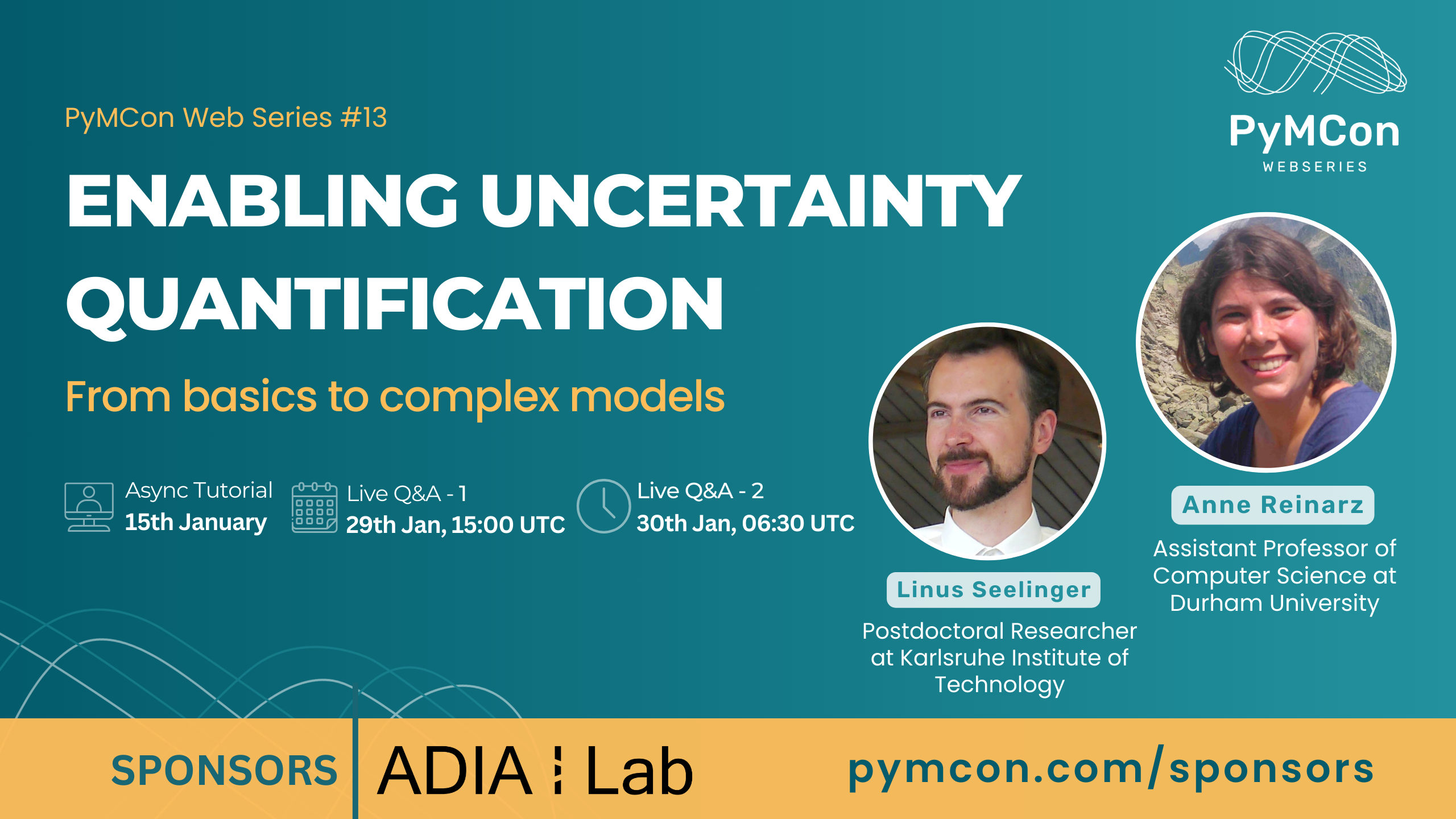
Treating uncertainties is essential in the design of safe aircraft, medical decision making, and many other fields. UM-Bridge enables straightforward uncertainty quantification (UQ) on advanced models by removing technical barriers.
Complex numerical models often consist of large code bases that are difficult to integrate with UQ packages such as PyMC, holding back many interesting applications. UM-Bridge is a universal interface for linking UQ and models, greatly accelerating development from prototype to high-performance computing.
This hands-on tutorial teaches participants how to build UQ applications using PyMC and UM-Bridge. We cover a range of practical exercises ranging from basic toy examples all the way to controlling parallelized models on a live cloud cluster. Beyond that, we encourage participants to bring their own methods and problems.

 Anne Reinarz & Linus Seelinger
Anne Reinarz & Linus Seelinger
 Anne Reinarz & Linus Seelinger
Anne Reinarz & Linus Seelinger
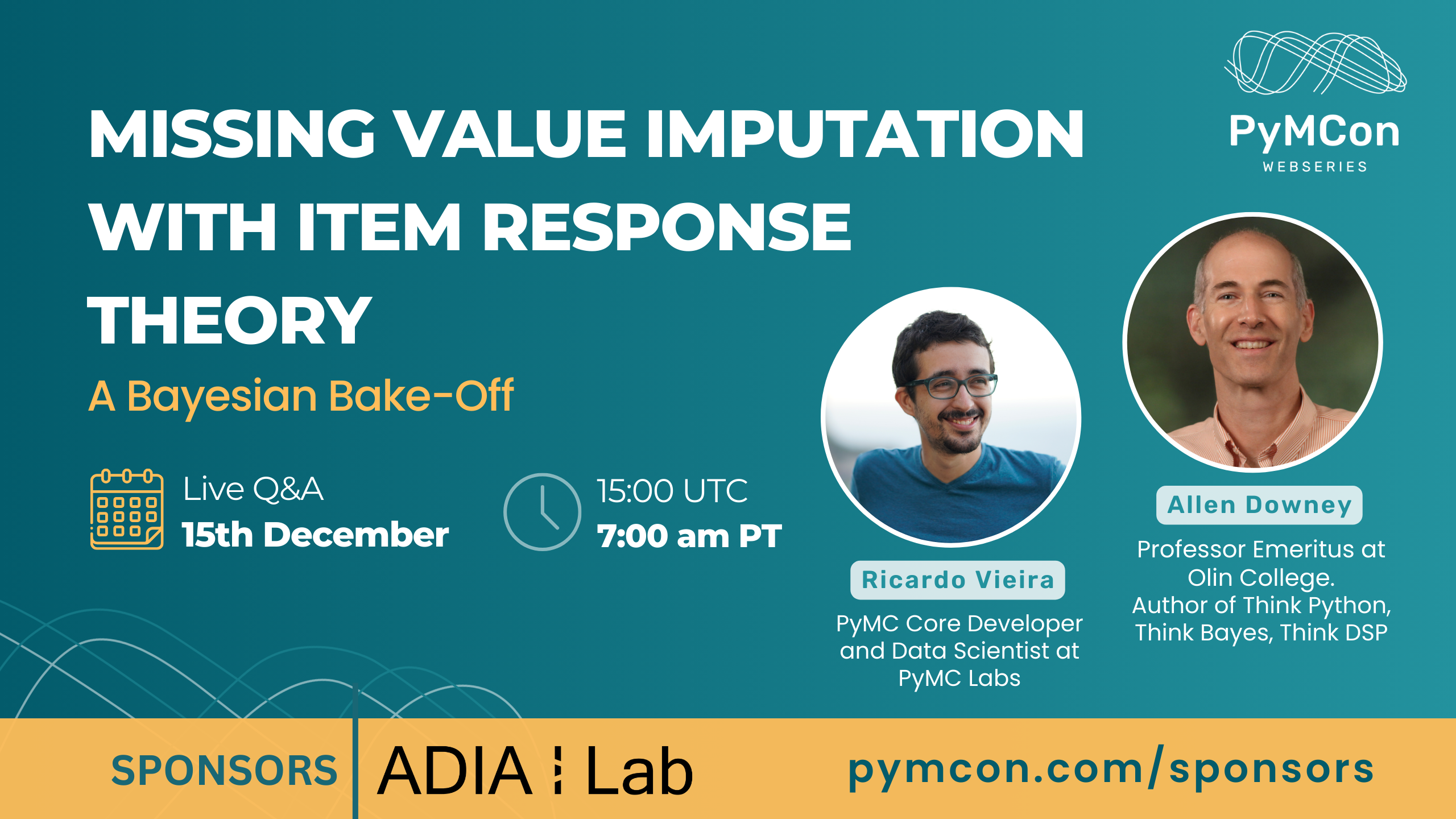
 Allen Downey & Ricardo Vieira
Allen Downey & Ricardo Vieira
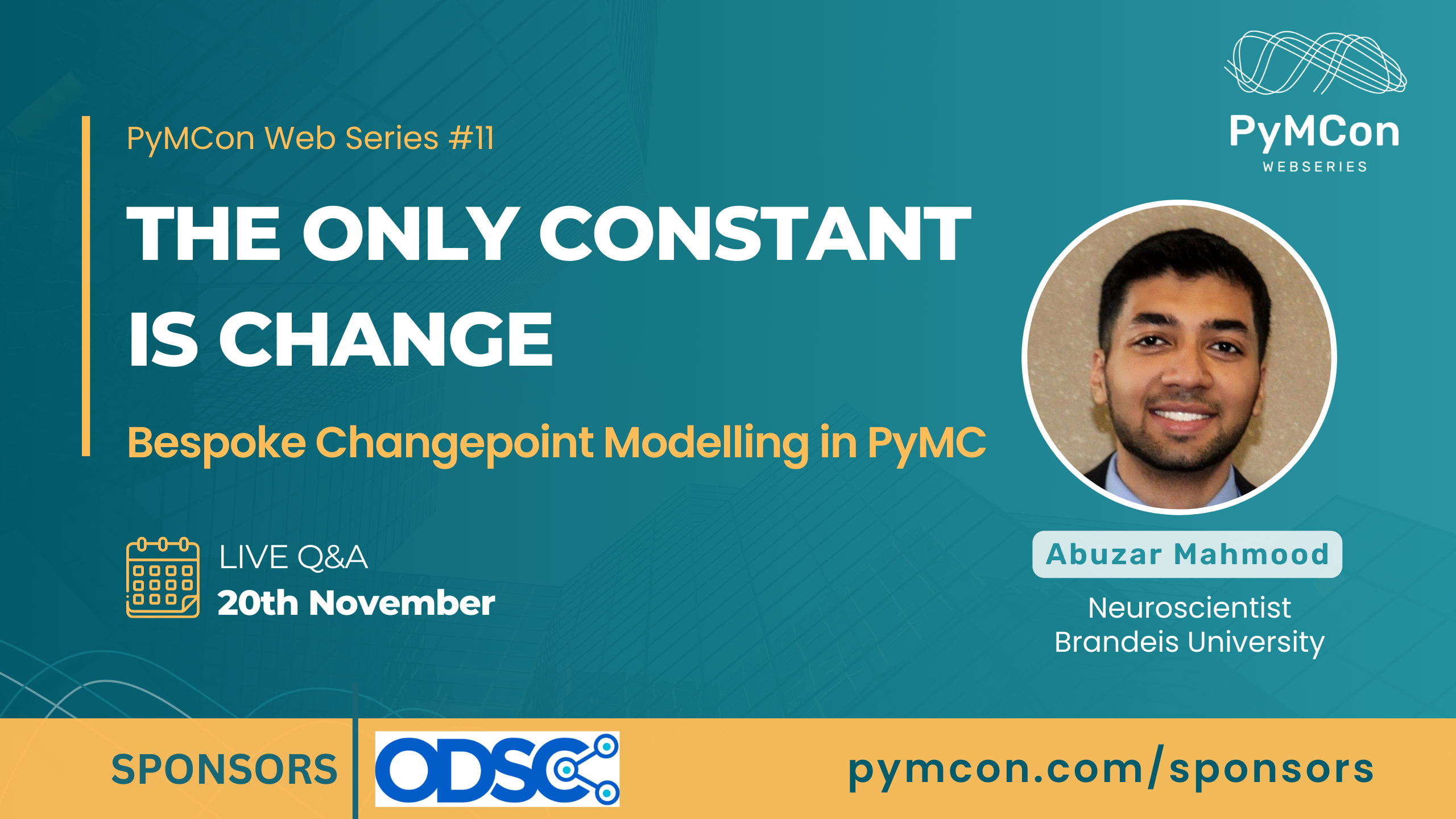
 Abuzar Mahmood
Abuzar Mahmood
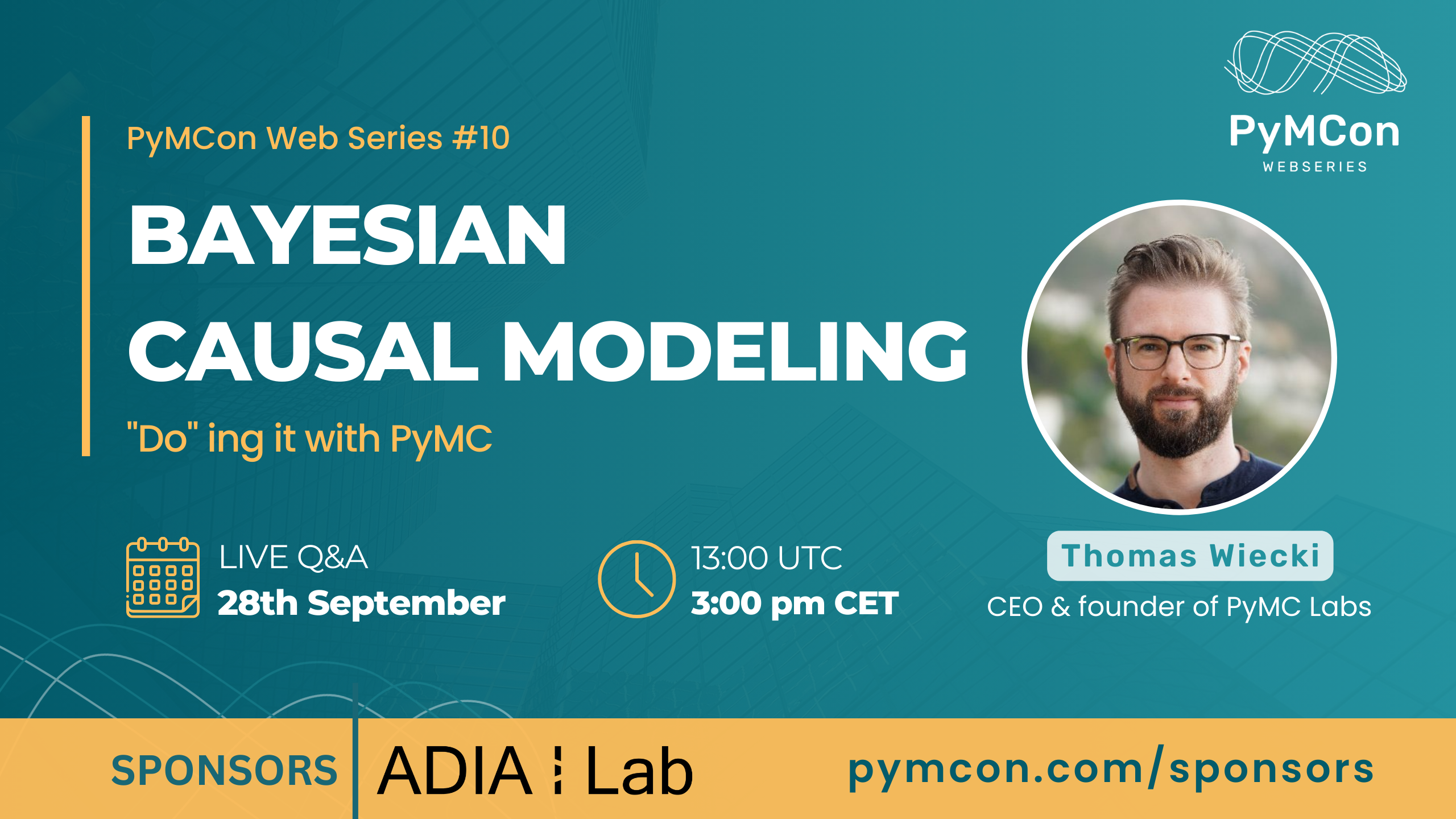
 Thomas Wiecki
Thomas Wiecki
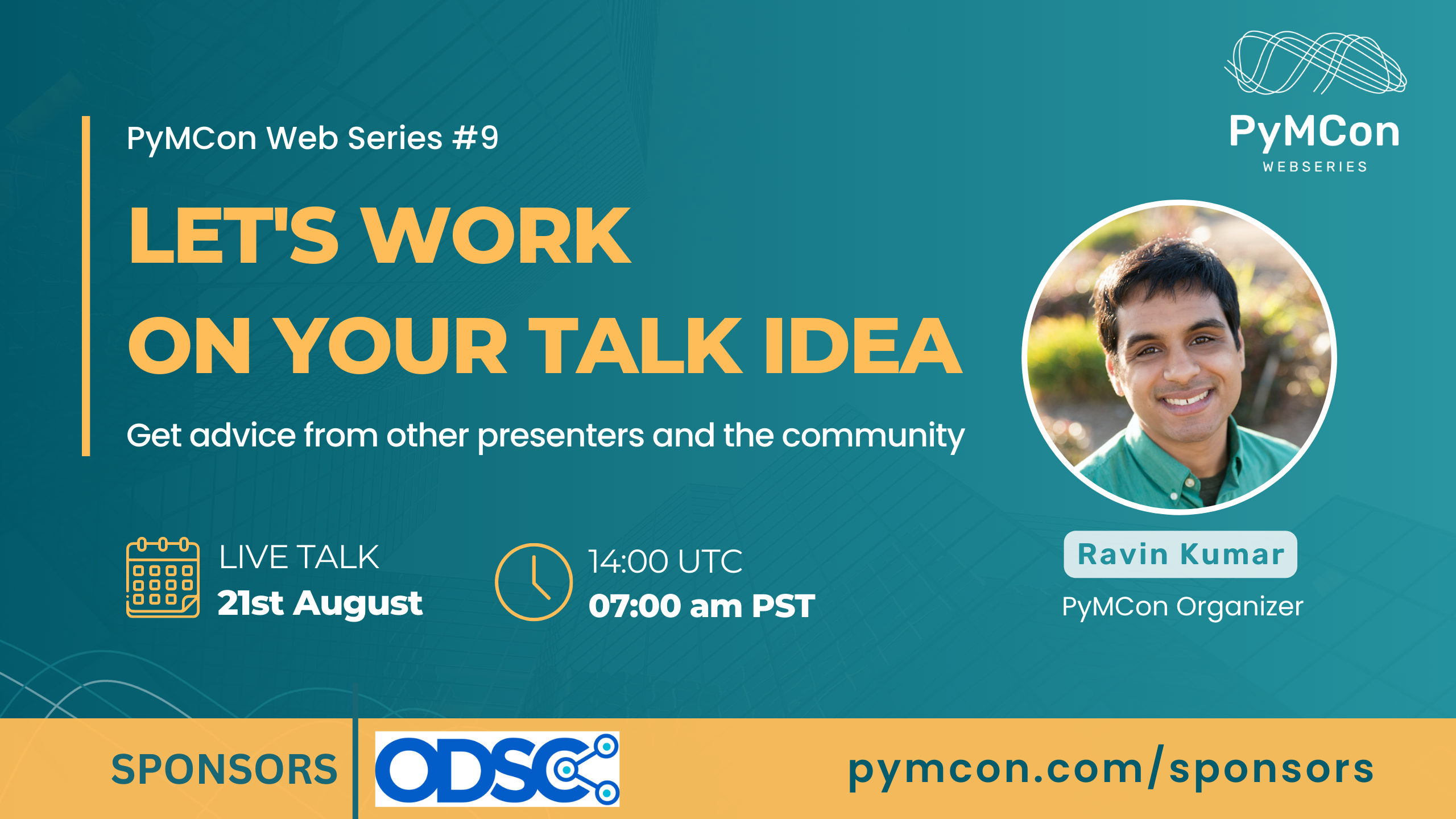
 Ravin Kumar
Ravin Kumar

 Maximilian Goebel
Maximilian Goebel
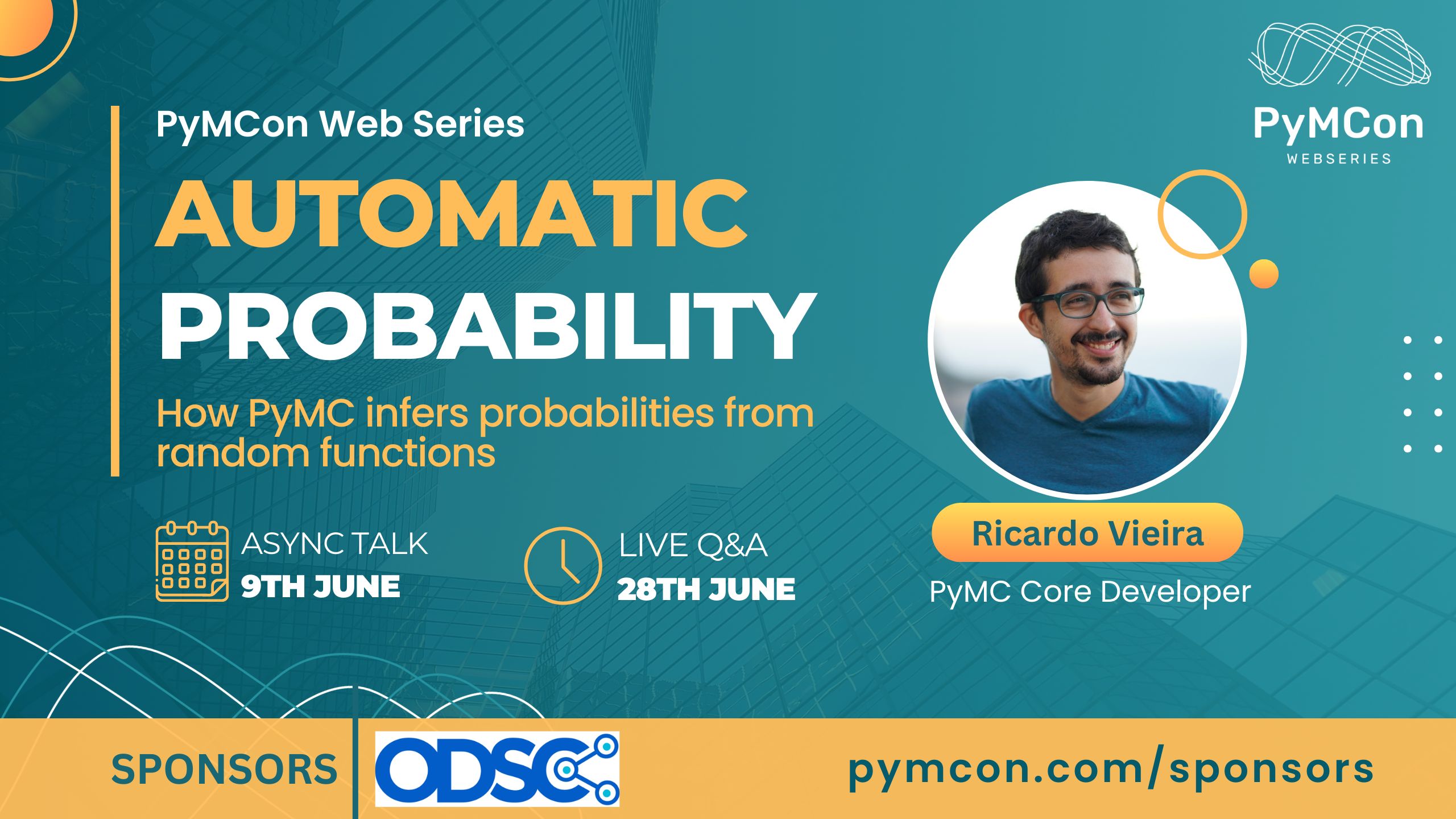
 Ricardo Vieira
Ricardo Vieira
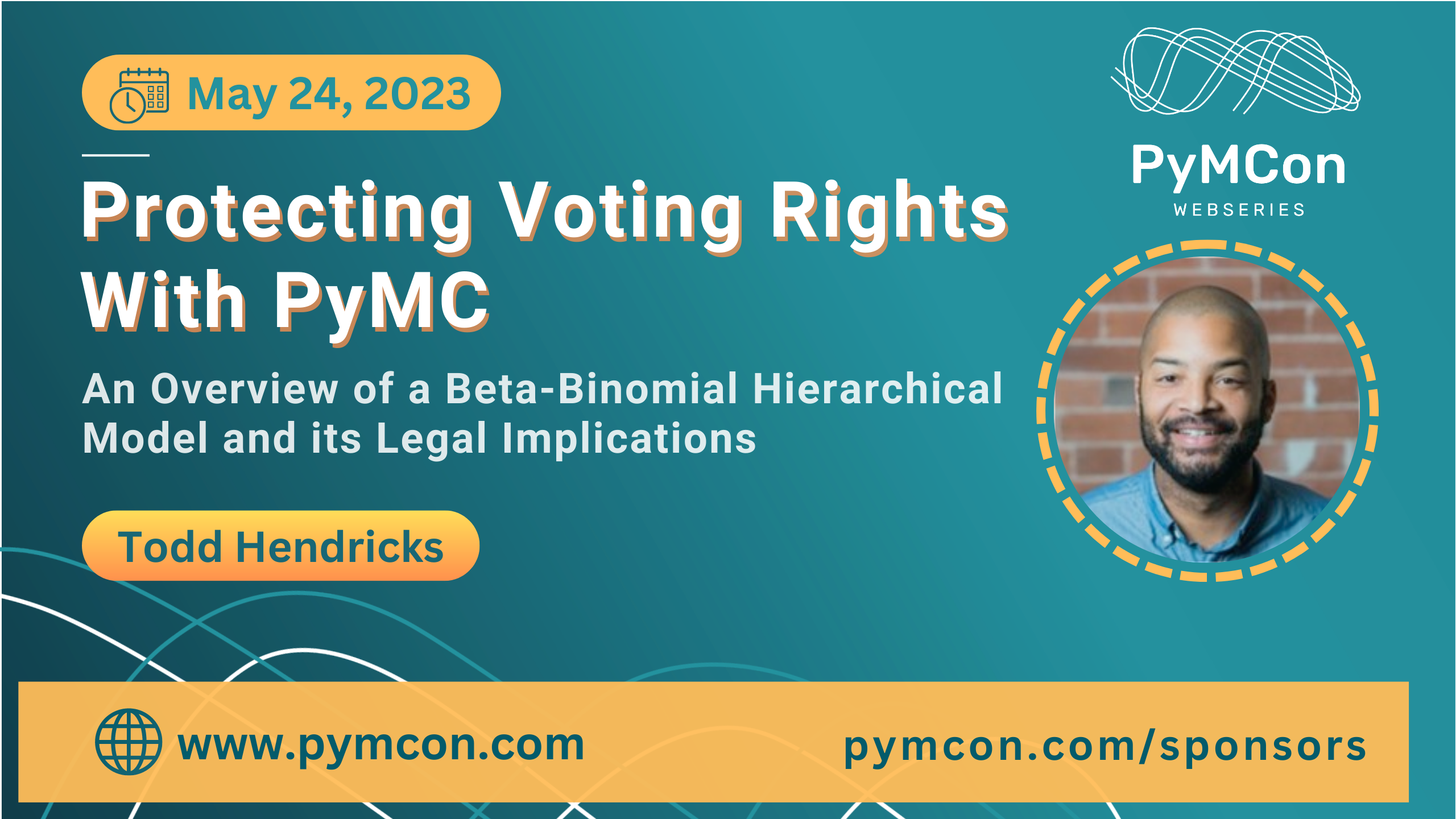
 Todd Hendricks
Todd Hendricks
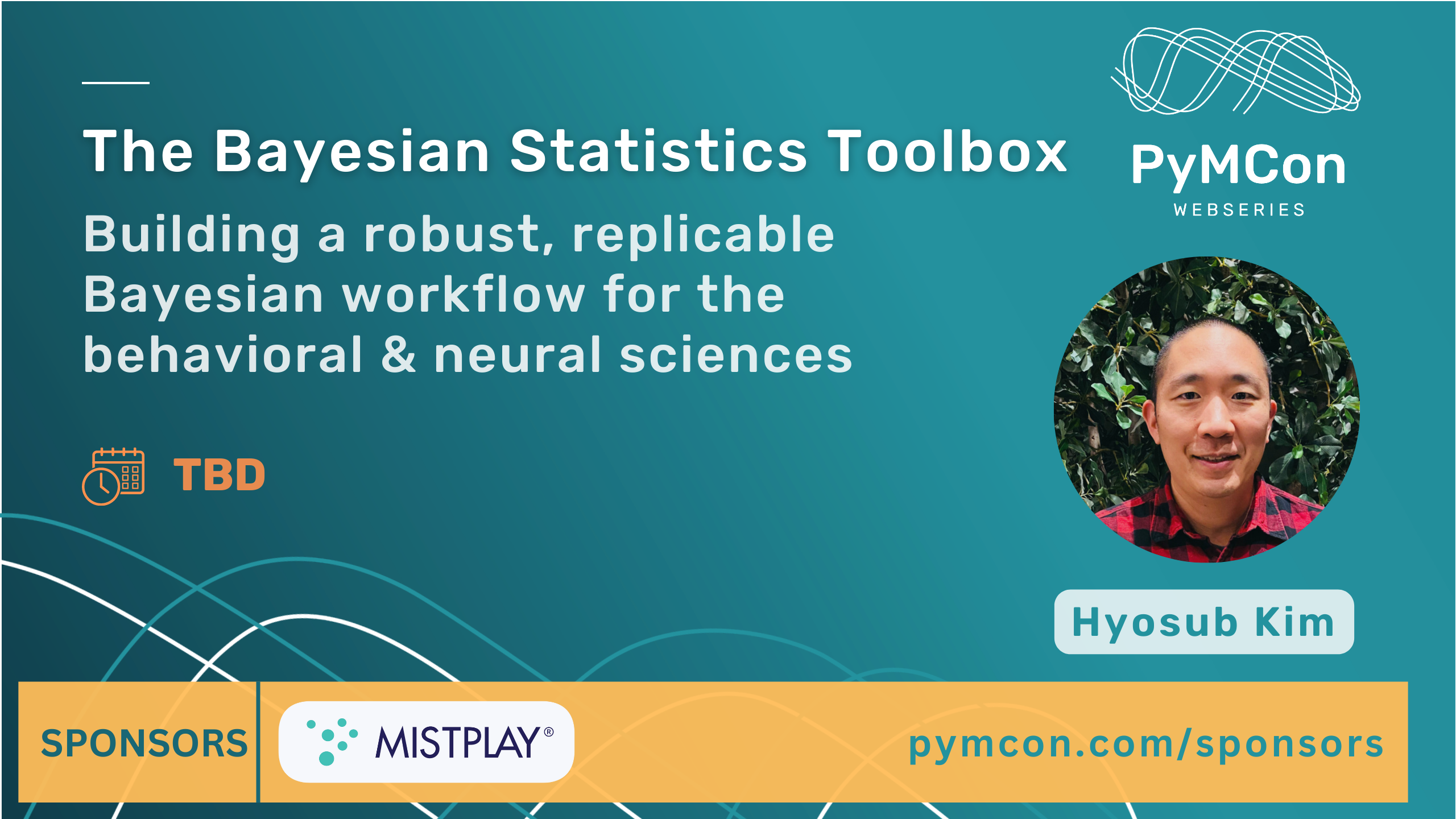
 Hyosub Kim
Hyosub Kim
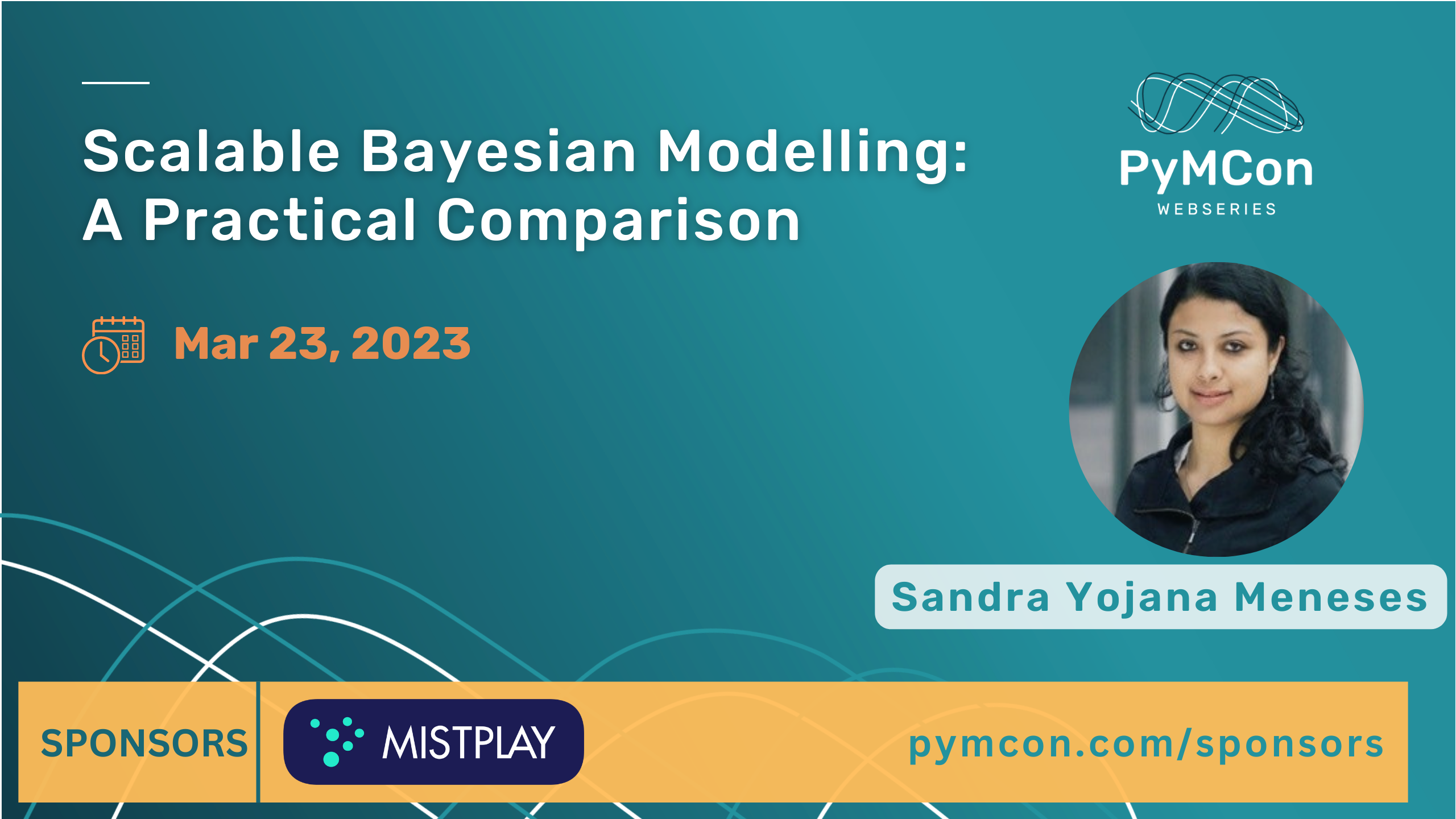
 Sandra Yojana Meneses
Sandra Yojana Meneses
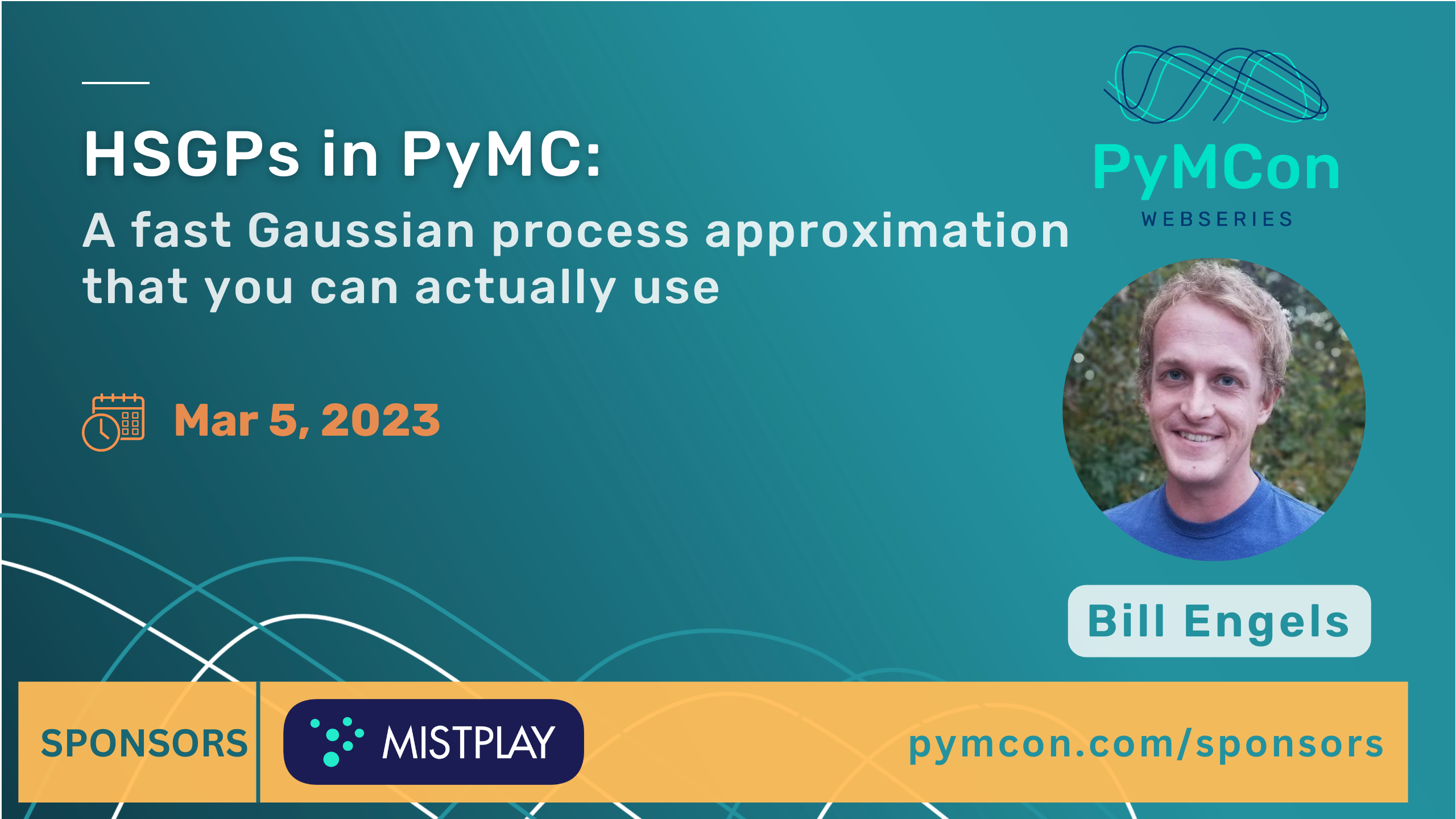
 Bill Engels
Bill Engels
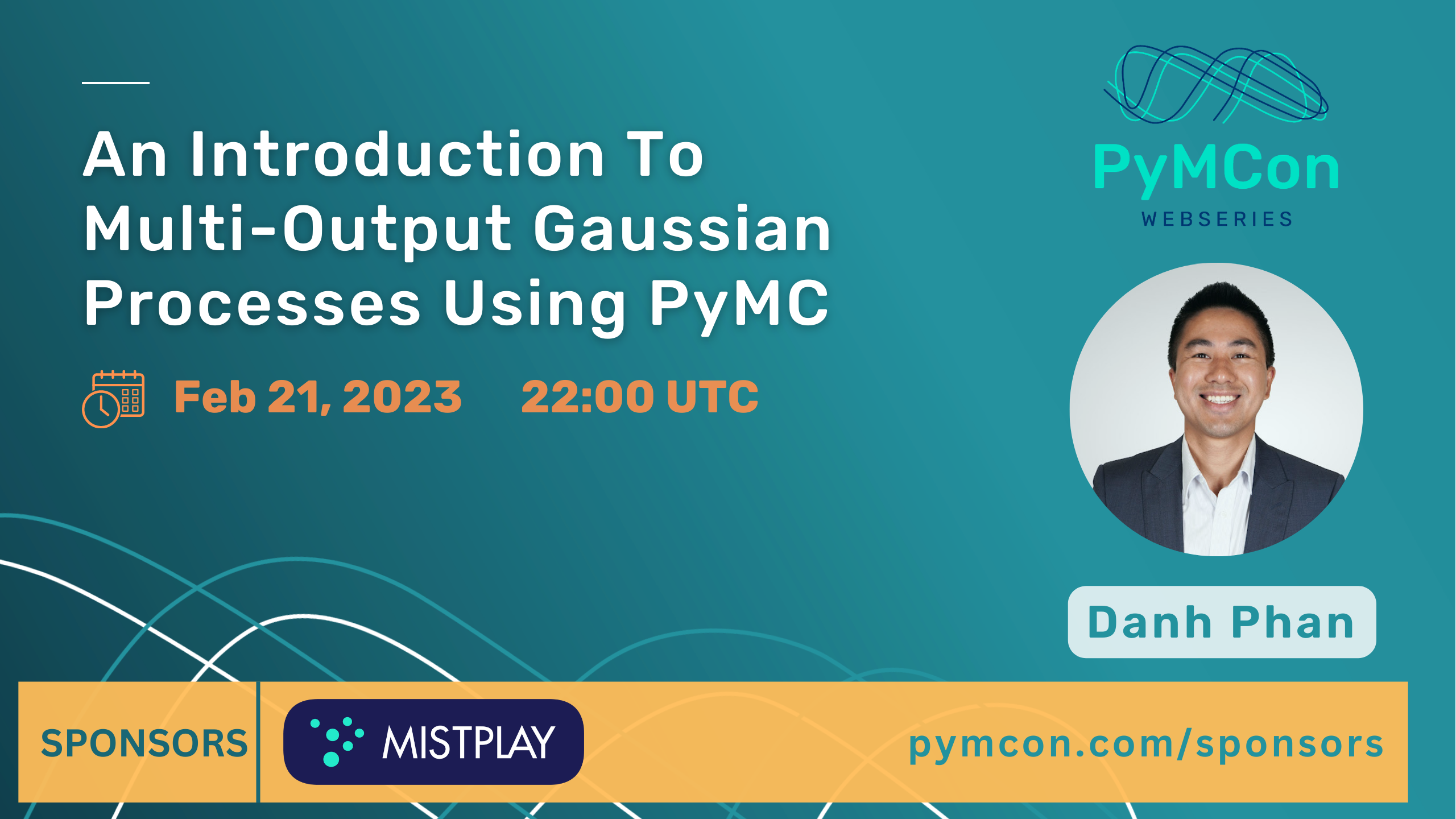
 Danh Phan
Danh Phan
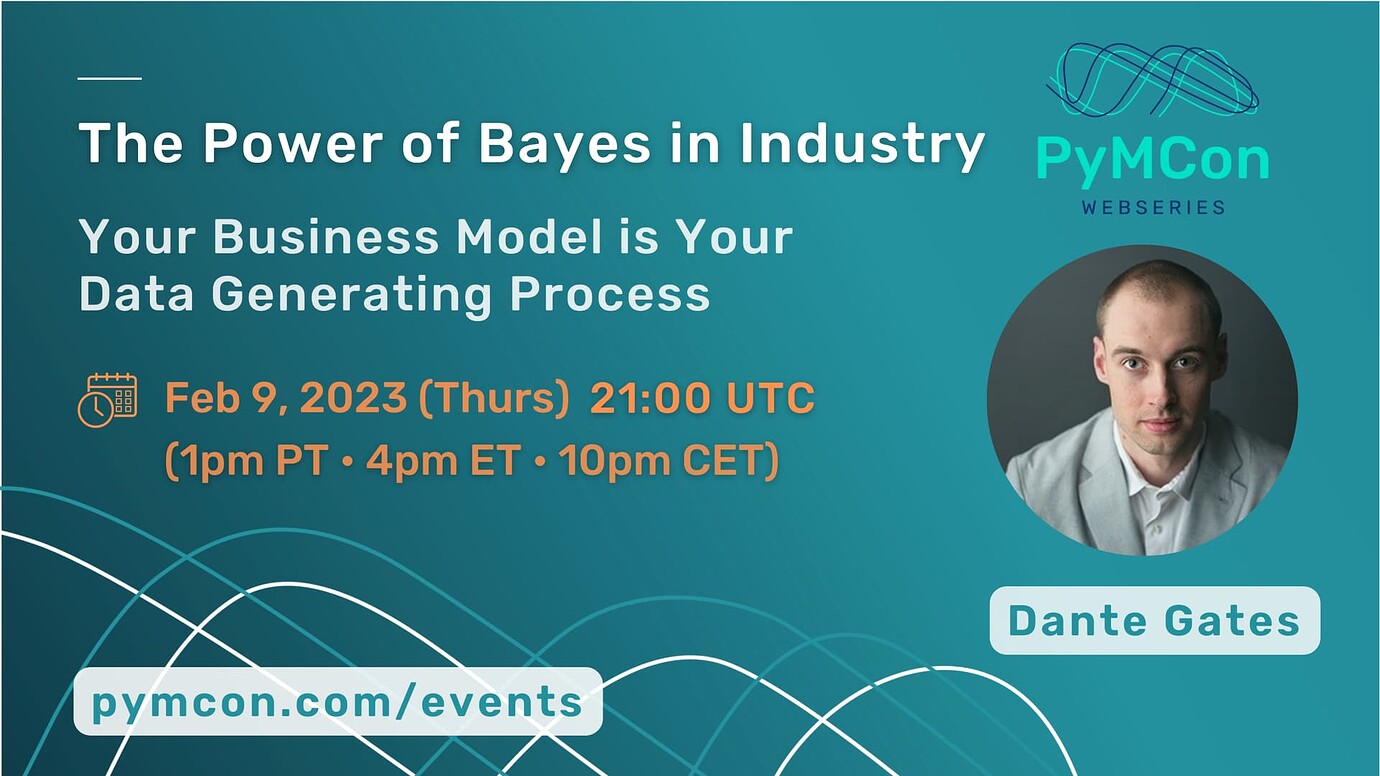
 Dante Gates
Dante Gates